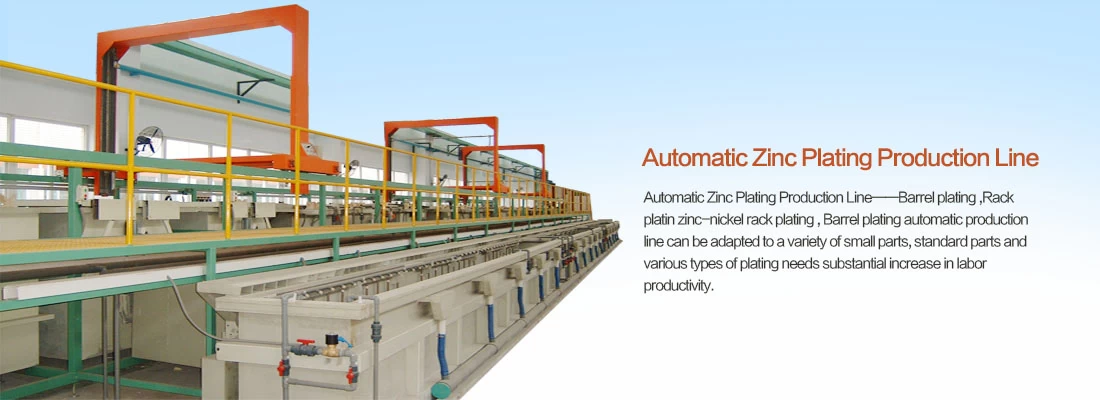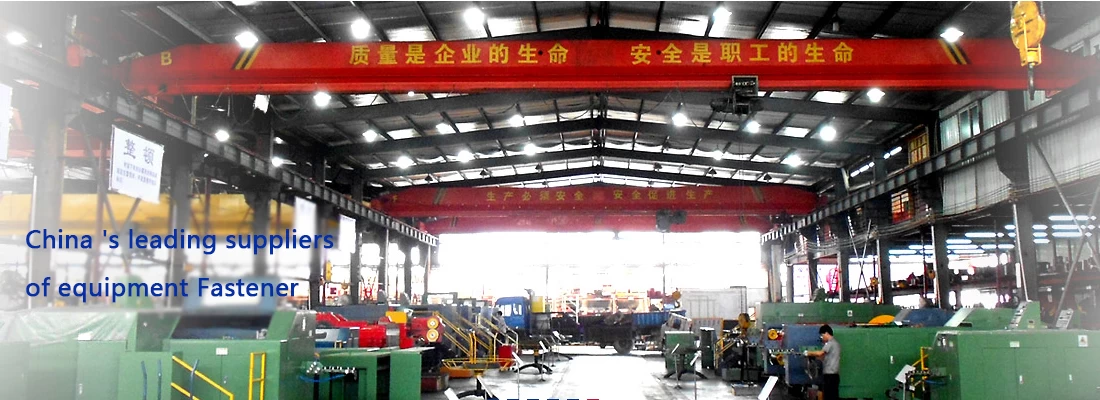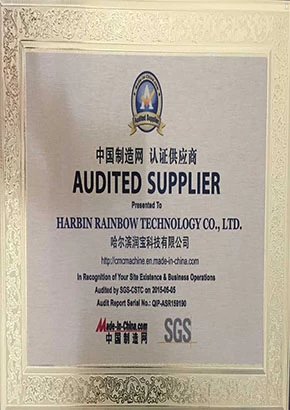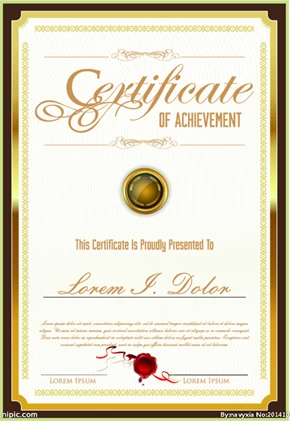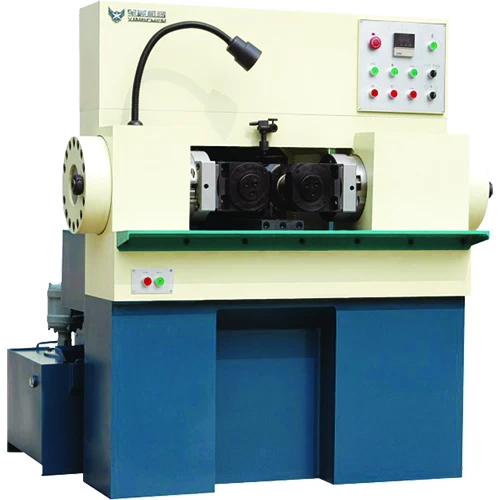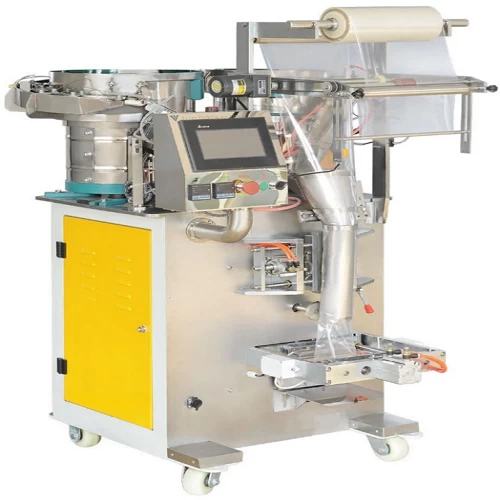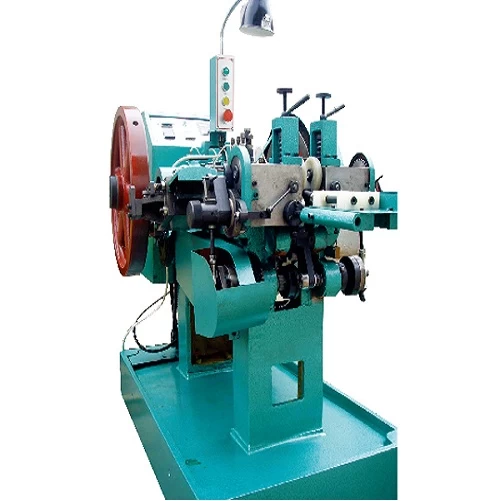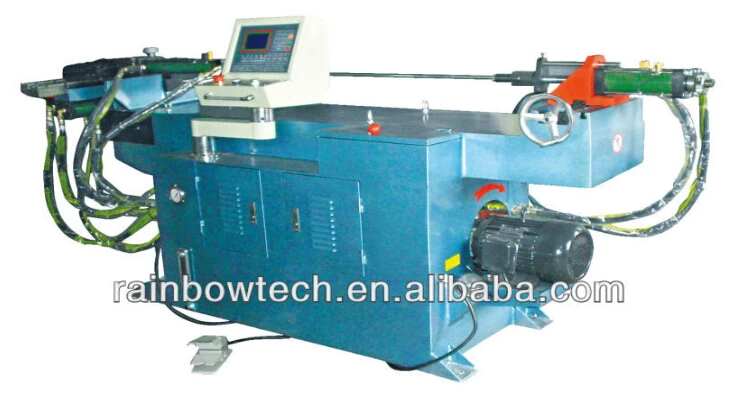Where Should Washers Be Used?
Washers are often a critical part of proper fastener use, but not everyone knows how to use them properly. There are times when not using a fastener or misusing it can lead to a shorter lifespan for whatever item is supposed to be held together. Marsh Fasteners offers this simple guide to help you understand where and how to use steel washers.
What Is a Washer?
A washer is a thin plate with a circular hole in the center. Washers are used to distribute the load of a threaded fastener, such as a bolt or nut.
Before a screw or bolt is driven into a surface, a washer may be placed in order to prevent looseness and provide protection. This also prevents the bolt head and nut from damaging the surfaces of the two fastened parts.
Moreover, washers can protect wooden surfaces from cracking even when a screw is being driven into it.
When To Use Washers
There are two scenarios where washers can be used most beneficially. Firstly, if the bolt and nut assembly you are using is not tight enough, you can use a washer to increase the distance between the nut and the item you are joining, increasing your leverage and enabling you to create a tighter joint. The second most common use of a washer is in situations where the fastening needs to be waterproof. A washer will seal an assembly that is at risk of leakage.
How To Use Washers
The first thing to check when using a washer is that you have chosen one of the right thickness. A thicker washer will help when you have an assembly that needs a little extra tightness - you may even need more than one washer in such cases. When waterproofing is your main aim, a thinner washer may suffice. It is essential to measure the size of the washer. Using one that is either too large or too small will adversely affect the joint. It is also wise to grease your washers. This makes it easier to put the fastener in place, as well as helping to prevent corrosion.
The use of washers is generally very easy, provided you follow these simple guidelines. Doing so will go a long way towards securing your assembly and ensuring that it lasts longer.
Two Mains Types of Washers
Here are the two main types of steel washer:
Flat Washers
A flat washer is also known as a type A plain washer. Flat washers are circular and flat and vary in thickness. They also have a central hole to accommodate the bolt.
Flat washers are used to distribute force or correct a hole size. In other words, flat washers are used to increase the screw’s bearing surface area. This way, the fastened object experiences less surface pressure.
When the bearing surface sinks under the surface pressure, it can lead to looseness. Fortunately, a flat washer can reduce the surface pressure effectively and prevent the screw from coming loose.
Spring Washers
Spring washers are also known as locking washers. These washers are made by removing part of a flat washer so that a twisted shape forms.
However, spring washers are placed on the nut side of the fastener only, unlike flat washers, which are placed on the bolt and nut sides. Spring washers act like a spring and provide a preload between two surfaces.
There are many types of spring washers. Some of the main ones include: adjustable spacers, Belleville washers, bowed or curved washers, conical washers, finger washers, and wave washers.
Spring washers are often used to prevent a bolt or screw from coming loose due to vibration.



